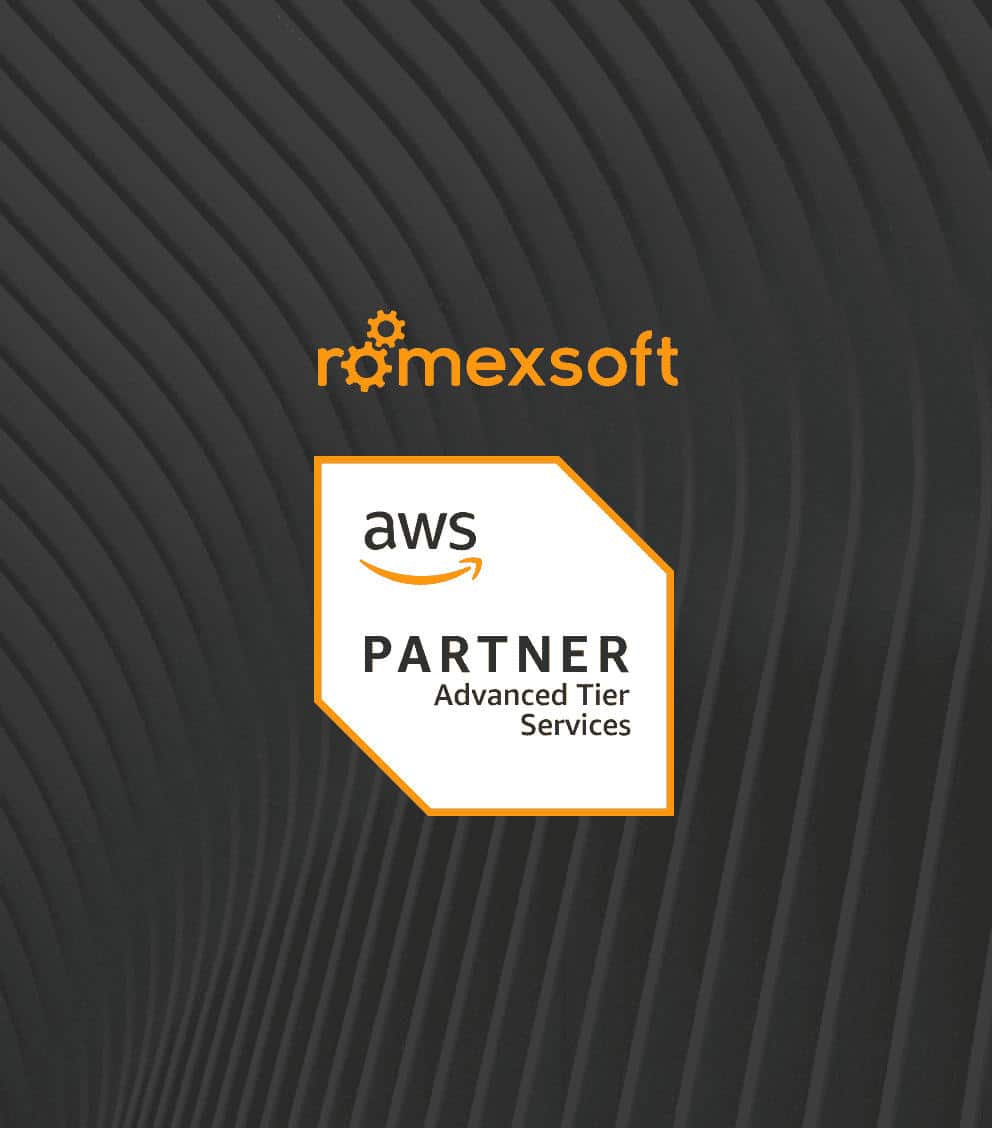Category: Healthcare
Learn how IT and cloud development drive better patient outcomes, streamline clinical workflows, and strengthen healthcare data security. Topics include EHR integration, HIPAA compliance, cloud infrastructure on AWS, and scalable healthtech software solutions.

Data is fundamentally reshaping the healthcare landscape, and business intelligence (BI), along with data analytics, are proving to be powerful engines for enhancing both operational efficiency and the quality of patient care. This article examines the fundamental components, key benefits, diverse use cases, and essential tools that define the application of business intelligence within the medical industry. Read on to gain insights into modern business intelligence concepts, particularly the empowering shift towards self-service analytics accessible directly by medical professionals at the point of care.
The blog discusses:
- definition of business intelligence in healthcare
- ways of information collection
- components of a BI system
- implementation challenges with solutions
- BI healthcare use cases
- future trends

Taking into account the sensitive nature of the healthcare field, achieving seamless health data exchange remains a major challenge. The article explores the role that HL7 integration plays in overcoming interoperability issues. Establishing standardized communication between systems like EHRs, LIS, and PACS, – add up to patient care, compliance, and efficiency on the line.
Read on to discover HL7 standards (including V2, V3, CDA, and FHIR) as well as some practical implementation guidance, use cases, and expert tips tailored for healthcare IT leaders and developers.
The blog discusses:
- the definition of HL7 and its benefits
- what are key components of the messages
- types of data in HL7 format
- how to integrate HL7 and possible challenges

On-premises, Application Service Provider (ASP), Software as a Service (SaaS), and cloud-based services are the four main categories of Electronic Health Record (EHR) systems that are examined in this article. Their respective features, benefits, and potential drawbacks are highlighted to serve as a guide for healthcare organizations to select the EHR system that would be the best fit for their operational needs and objectives.
The blog discusses:
- definition of EHR system
- the difference between EHR and EMR
- types of health record systems
- a guide on how to implement the EHR software
- challenges of implementation

One data breach costs $3.7 million in lost revenues. Learn about the essential EHR features to patch all the vulnerabilities and keep patient data safe.

Rapid growth forces many businesses to start migrating their software solutions from on-premise to the cloud. Some companies even go forward by adopting the cloud-first strategy and build software right in the cloud. A solid cloud strategy helps achieve scalability, availability, cost efficiency and increase performance. Here, the healthcare industry is not an exception and […]

Get to know how your hospital can benefit from a web based medical billing system and what features it should include.

Electronic Health Records are disrupting today’s healthcare industry. Find out what’s so special and how EHR can help optimize treatment processes.

Companies that decide to build HIPAA compliant apps on AWS, should know the following:
- Is AWS cloud HIPAA compliant?
- Is it compulsory to sign a Business Partner Agreement with AWS?
- What is Shared Responsibility?
- How to use AWS tools correctly to make the app HIPAA compliant?
- What requirements and controls are recommended to be implemented?
This checklist will assist you in building a scalable, reliable and secure HIPAA compliant solution on AWS.

